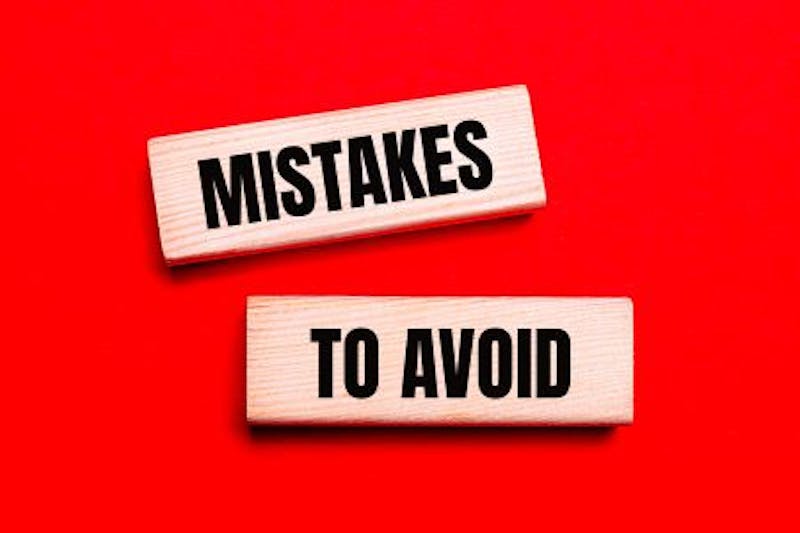

Get the Lawyer Who Won’t Back Down
If you’ve been injured, don’t accept the insurance company’s first offer. Get the team who makes them pay you what they should.

One of the hardest things in life is losing a loved one. The pain can be even more profound when you lose a loved one due to someone else’s negligence or wrongful act. If the passing of your loved one was due to someone else’s negligence or wrongful act, you may have the right to recover compensation through a wrongful death claim. According to South Carolina law, the named executor in the decedent’s will can file a wrongful death claim. If there is no will, the court will appoint a representative who can act on behalf of the surviving loved ones. This can be the victim’s spouse, child, parent, or another heir. If a wrongful death claim is successful, the executor or representative distributes the awards among the surviving loved ones. When it comes to wrongful death cases, even the slightest mistake could significantly impact the outcome of the case. It is crucial to avoid making common mistakes that could jeopardize your case. The following are some of the common mistakes to avoid making in a South Carolina wrongful death case.
Between making funeral arrangements and settling the decedent’s final affairs, filing a wrongful death claim can get postponed for later. Time is of the essence in wrongful death cases. South Carolina has a statute of limitations on wrongful death cases. The statute of limitations in SC requires that wrongful death lawsuits be filed within three years of the decedent’s death. If you delay filing a wrongful death claim, it could lead to you losing your right to file your claim. It is vital that you start the process as soon as possible. Remember, gathering evidence and preparing a strong case takes time.
Wrongful death claims can be complex. So, as much as claimants are not legally required to have legal representation, it is best to work with an experienced wrongful death attorney. A lawyer specializing in wrongful death cases understands the relevant laws and can help you navigate the complex legal landscape. They can help you gather and preserve evidence, negotiate with the insurance company, and represent you in court if necessary.
In wrongful death cases, evidence is vital. You need to gather and preserve as much evidence as possible for your wrongful death claim. This includes eyewitness statements, accident reports, medical records, and expert testimonies. A qualified attorney can help identify which evidence is needed and ensure it is properly preserved.
It is understandable to want to settle a wrongful death claim as quickly as possible to avoid a prolonged legal battle. However, it is best to avoid accepting the first settlement offer from the insurance company without consulting an attorney. Insurance companies are known to make quick lowball settlement offers. An attorney can evaluate whether a settlement offer is fair. If it is not, they can negotiate for a higher amount.
When calculating damages in a wrongful death case, you must consider both present and future damages. Damages must account for medical costs, funeral expenses, lost future income, emotional suffering, pain and suffering, loss of companionship, and others.
Contact a Wrongful Death Lawyer
If you’ve lost a loved one due to the negligence or wrongful act of another person, contact our qualified wrongful death lawyer, Gus Anastopoulo, for help with your legal claim.
Source:
scstatehouse.gov/code/t15c051.php#:~:text=SECTION%2015%2D51%2D20.%20Beneficiaries%20of%20action%20for%20wrongful%20death%3B%20by%20whom%20brought.